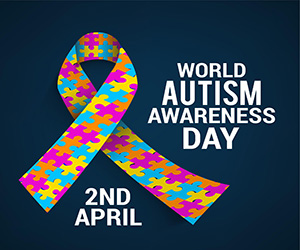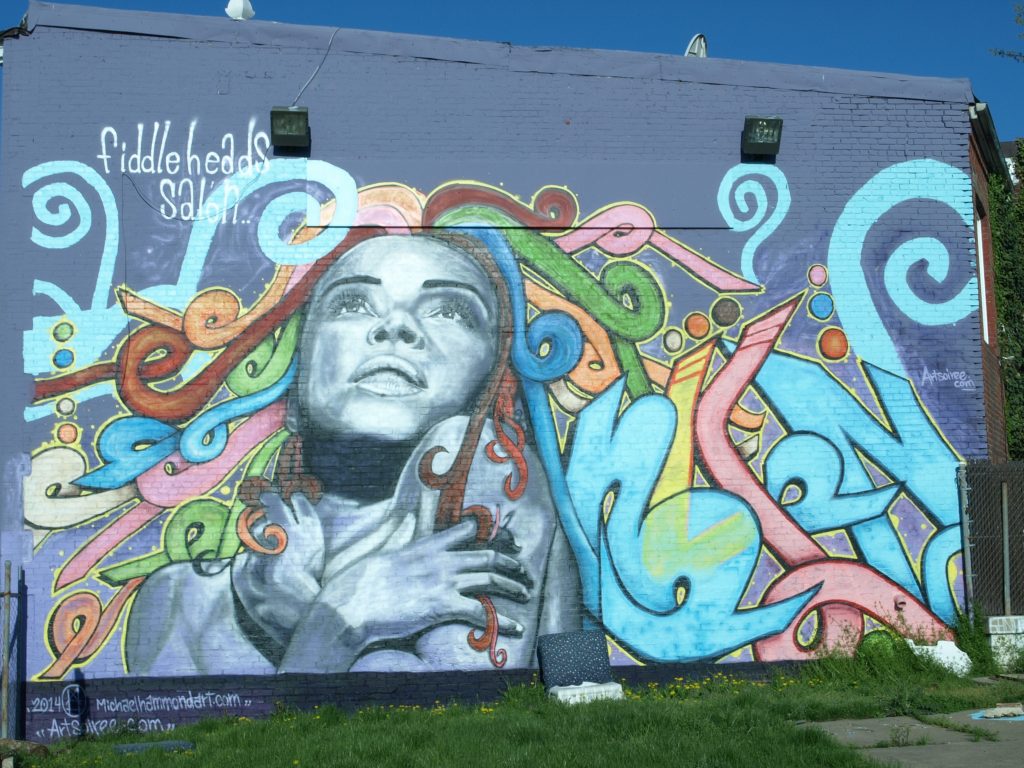This past January, Oprah Winfrey announced American Dirt by Jeanine Cummins to be her latest Oprah’s Book Club pick. The book is centered on the treacherous journey a mother and her son must make across the Mexican border into the States, escaping the clutches of a drug cartel. Winfrey praised Cummins, a white woman, for being able to “[put] us in the shoes of migrants and making us feel their anguish and desperation to live in freedom.” Despite its initial positive reviews, the announcement sparked controversy in the literary world with some critics bashing Cummins’s stereotypical portrayals of Mexican culture.
New York Times book critic Parul Sehgal said that “tortured sentences aside, American Dirt is enviably easy to read” and “determinedly apolitical. The deep roots of these forced migrations are never interrogated; the American reader can read without fear of uncomfortable self-reproach.” Latinx authors have also come out to speak against the whitewashing of minority stories in the publishing industry as well as how easily it is accepted by mainstream society. While there are a multitude of Latinx authorship, these narratives are often ignored by major publishing companies in favor of stories like American Dirt. It is the stories like American Dirt that receive the seven-figure advance from Flatiron Books and are optioned for a movie by Imperative Entertainment. The controversy surrounding Cummins and her novel ignite the ongoing debate in the publishing and filmmaking industries over white storytellers telling non-white narratives.
The current publishing industry is 80% white which means that the majority of published written work is white, picked up by white publishers, and promoted by white publishing marketing agencies. The filmmaking industry is no different. According to a study conducted by Dr. Stacey L. Smith at USC’s Annenberg School for Communication and Journalism, they found that 73% of the top 100 films from the years 2007 to 2014 were white characters. The few films and narratives that are centered around non-white characters usually fall into the trap of whitesplaining minority experiences. Some have argued that it speaks to a concept called “white ignorance.” Eva Boodman described white ignorance in her talk, “Complicit Responsibility for White Ignorance”, as “a cognitive disruption driven by a refusal by whites to recognize history”. In the United States, white people hold a certain privilege that allows them to operate in their day to day without being hyper-conscious of their skin color and the politics embedded in it. Nonwhite people, on the other hand, are constantly living under the notion that they are inherently different from the white norm. This translates directly into the art that is written and produced by white storytellers. Nonwhite characters are depicted as caricatures of their culture solely existing to help bring about the complexity of the white main character.
The initial argument a lot of non-white storytellers, including myself, have is that white authors should generally stray away from writing about non-white experiences. This argument comes from the fear of the many things white authors do in Mya Nunnally’s article “7 Casually Racist Things That White Authors Do” for Book Riot. Common techniques such as describing non-white skin using food and the implementation of a white savior have had non-white creators fed up for decades. The whitewashing of the art the public consumes push nonwhite communities to think that their stories deserve to be told and can only be told by people who come from their communities.
However, as I have grown as a writer and artist I would be remiss to further supporting this line of thinking. As an artist, I must comply with the one rule of artistry and that there are no rules. Art is the expression of one’s feelings and experience. By affirming that non-white narratives can only be told by non-white people, I am essentially limiting the experiences and narratives that can be told by my fellow creators of color. The pursuit of all artists, in my opinion, should be to tell stories that are both interesting as well as accurate in the truths they hold.
While “white ignorance” has resulted in several feeble, and often insulting, attempts on improving the lack of representation as well as the inaccurate depiction of non-white communities in narratives, the cause at the root of this problem is ultimately ignorance. The characters and stories we create, although fictitious, are inspired by real-world experiences felt by real people. Acknowledging that means to also acknowledge that each experience holds a particular social and political magnitude along the axes of race, gender, age, and sexual orientation. A magnitude that is often misunderstood by white people who often use the excuse, “I just did not know better.” In today’s climate, however, “not knowing better” is representative of a lack of willingness to understand the complexity of nonwhite narratives. There are far too many resources to gain source material on creating characters that do not look like us that not undergoing the necessary research to make a believable character diminishes the validity of any creator as an artist, regardless of background.
I view writing as a game of wits. The use of language to draw real-world people into the world of fiction is a feat that cannot be accomplished by those not willing to put in the work. If I was told that I could only write stories about an African American male who is from the Bronx, NY born to Nigerian immigrants, a nurse, and a small business owner, who wanted to become a writer, then I do not think I would write many stories nor would those stories be particularly interesting. I seek to challenge my skills as a storyteller and share the narratives that interest me, inspire me, and excite me regardless of where they come from. I believe that all good writing seeks to do the same in a way that honors the human tradition, not erase it.


















Add comment